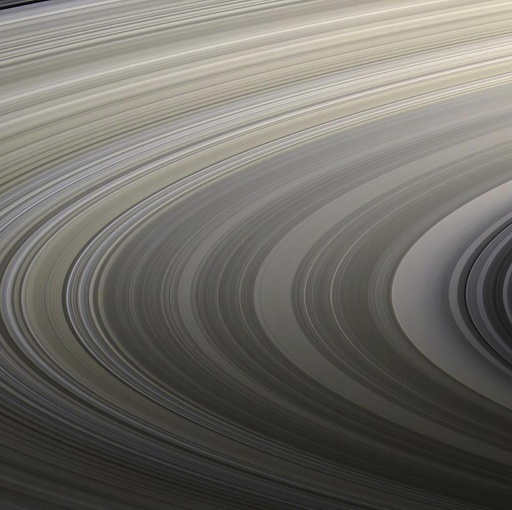CAPE CANAVERAL, Fla. — Recent studies indicate that the rings of Saturn may be significantly older than previously believed, potentially dating back to the same era as the planet itself.
Contrary to the long-held notion that these icy rings are around 400 million years old, a research team led by scientists from Japan suggests that they could actually be around 4.5 billion years old. This new insight was shared in a report published on Monday.
The researchers theorize that the pristine appearance of Saturn’s rings might not be a result of their youth but rather their resilience against accumulation of dirt.
Historically, it has been estimated that the age of Saturn’s rings falls between 100 million and 400 million years, based on over a decade of observations made by NASA’s Cassini spacecraft before it ended its mission in 2017.
Cassini’s imagery did not reveal any signs of darkening or degradation of the rings from impacts by micrometeoroids – tiny space rock particles smaller than sand grains. This lack of visible damage led scientists to deduce that the formation of the rings occurred well after Saturn came into being.
Ryuki Hyodo, from the Institute of Science Tokyo, alongside his research team utilized computer simulations to demonstrate that when micrometeoroids strike the rings, they vaporize upon impact, leaving little to no dirty residue in their wake. Their findings indicate that the charged particles produced during these collisions are either pulled towards Saturn or expelled into space, thereby preserving the cleanliness of the rings and challenging the notion of their youthfulness. These results have been documented in the academic journal Nature Geoscience.
Hyodo mentioned that Saturn’s rings might actually lie somewhere between the two extremes of age, possibly around 2.25 billion years old. He also highlighted that the early solar system was characterized by significant chaos, with massive planetary bodies interacting and migrating, which could have played a major role in the creation of Saturn’s rings.
“Taking into account the evolutionary history of the solar system, it seems more plausible that the rings formed much closer to the inception of Saturn,” he conveyed in an email.



